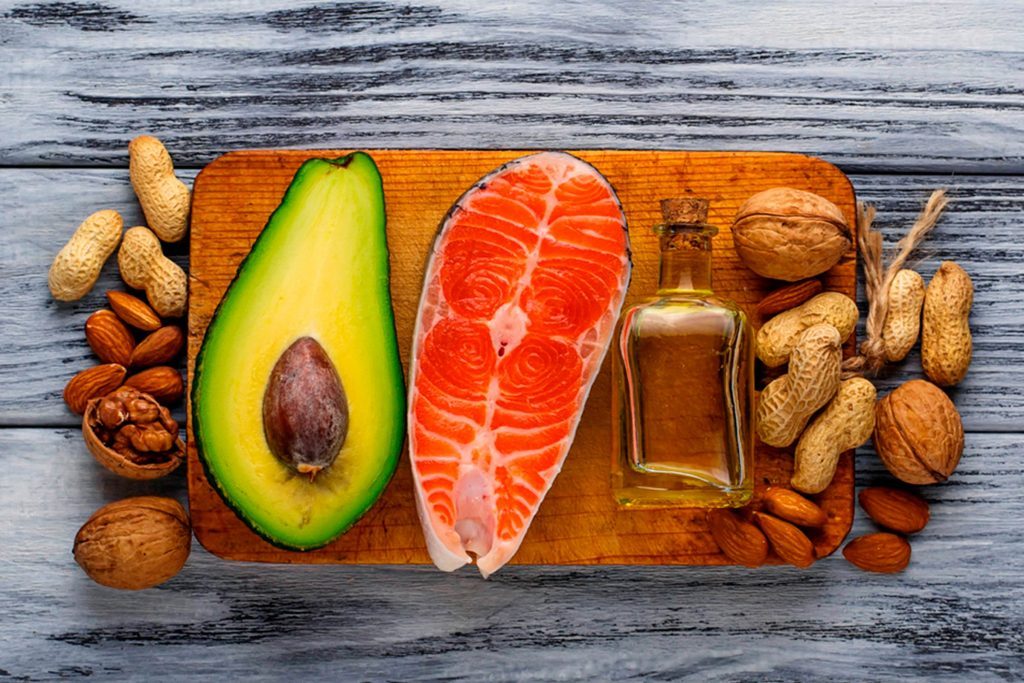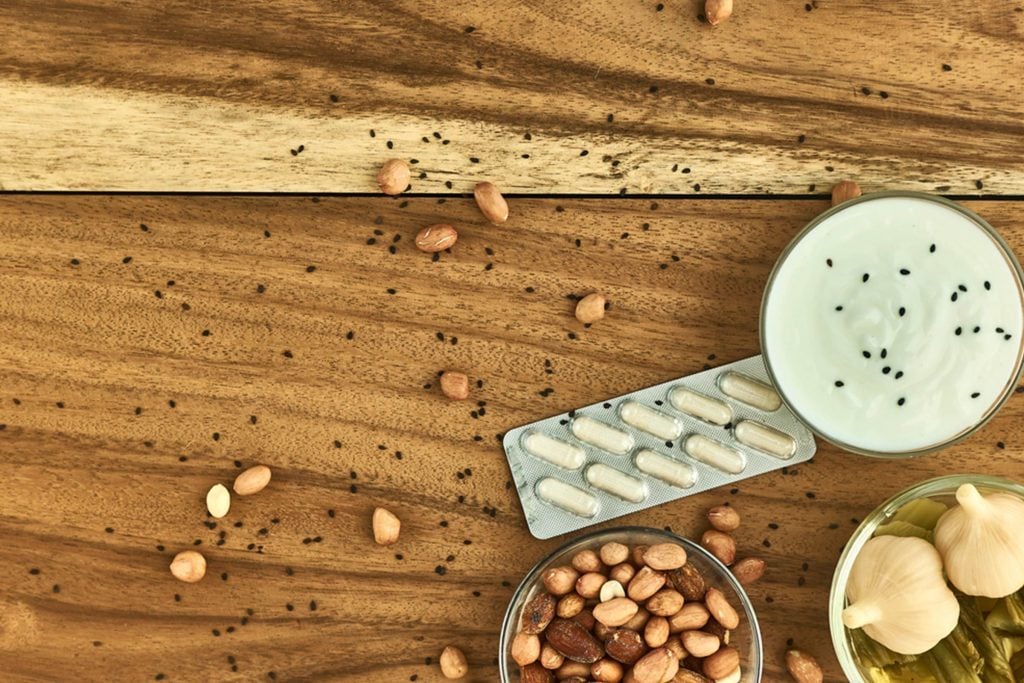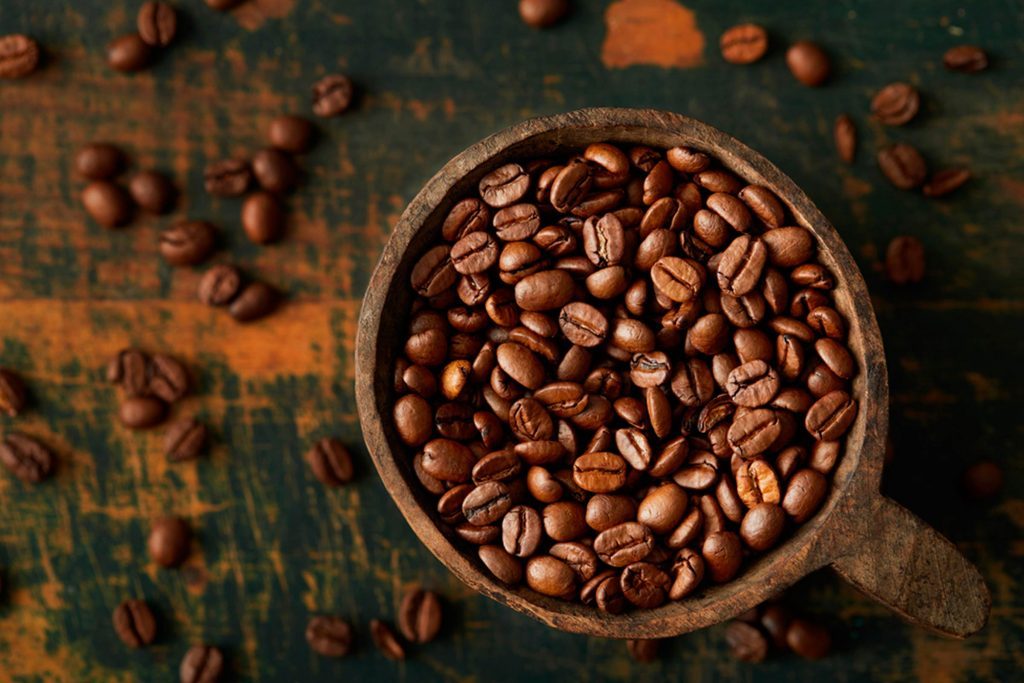Scientists are just beginning to recognize the connection between food and our brain. Eat these nutrients for a wave of calming feelings that keep worry away.
Omega-3 fatty acids make your brain happy

Doctors often know how to calm anxiety, or treat it, with therapy and medications, but the answer to calming the condition could be hiding in plain sight: the foods we eat. Doctors and nutritionists are starting to understand more about how certain nutrients, or lack of them, affect the brain. “Our brain has very high energy and nutrient requirements,” says clinical nutritionist and health coach Melissa Reagan Brunetti, CNC. “Nutritional deficiencies and dietary patterns can affect its function, and alter brain chemistry and the formulation of neurotransmitters—chemicals in the brain that can stimulate and calm.” These neurotransmitters influence our mood as well as our appetite, she says. A study from Ohio State University showed one nutrient that’s especially good for reducing anxious symptoms is omega 3 fatty acids, found in fatty fish like wild salmon, flaxseed, walnuts, and chia seeds. “Our brains need fat from dietary sources to function properly,” Brunetti says. “If you are not eating a sufficient amount of beneficial fats, your brain will suffer.” Be sure to check out these 11 tips from top therapists on how to deal with anxiety.
Probiotics are good for the gut

Surprisingly, another calming food source is probiotics. “Your gut bacteria is needed for production of neurotransmitters, including serotonin, dopamine, and GABA [gamma-aminobutyric acid], which all play a role in mood,” Brunetti says. “The microbiome [gut bacteria] has a direct link to the brain and the immune system, so restoring balance in the gut of good and bad bacteria through use of probiotics can benefit the brain.” Recent research has found that probiotics may actually work to treat, or even prevent, anxious feelings. You can either take a probiotic supplement or eat foods that have been fermented, a process which encourages good bacteria to grow, and has been shown in studies as a way how to calm anxiety. “I like to see patients eat more fermented foods like yogurt, sauerkraut, and kefir, as the kinds of bacteria in your gut influence anxiety,” says Drew Ramsey, MD, a psychiatrist who specializes in using dietary changes to help balance moods, and author of Eat Complete. Another fermented food you probably already have in your fridge? Pickles!
Caffeine makes you anxious

Although some of us feel like we’re miserable until we’ve had our morning cup of java, coffee and other caffeinated foods and drinks actually worsen anxious feelings. Because it’s a stimulant for the nervous system, it increases heart rate, blood pressure, and body temperature. According to the University of Michigan, coffee can lead to symptoms of worrying like nervousness, sweating, and shaking. A study from Brazil found that caffeine actually induced panic attacks in people with an anxious disorder. Another study, from Wake Forest University, found that caffeine reduced blood flow to the brain by 27 percent. Not to mention that it can mess with sleep, which is essential for brain health. “Limiting caffeine intake can help quell inflammation and contribute to improved brain function,” Brunetti says. Likewise, Dr. Ramsey suggests avoiding energy drinks with caffeine, as well as indulging in too much dark chocolate (stick to one or two squares a day). Have a look at these 16 cartoons people with anxiety will relate to instantly

